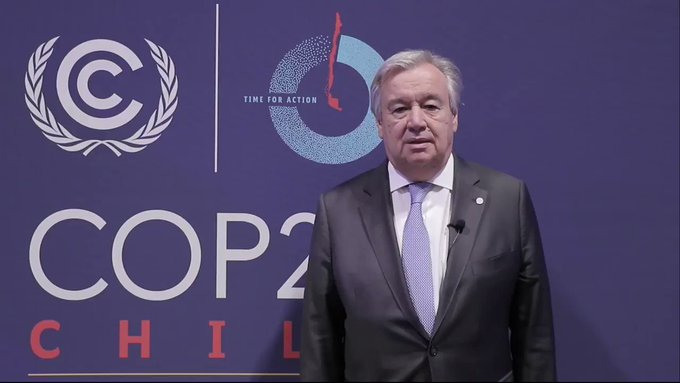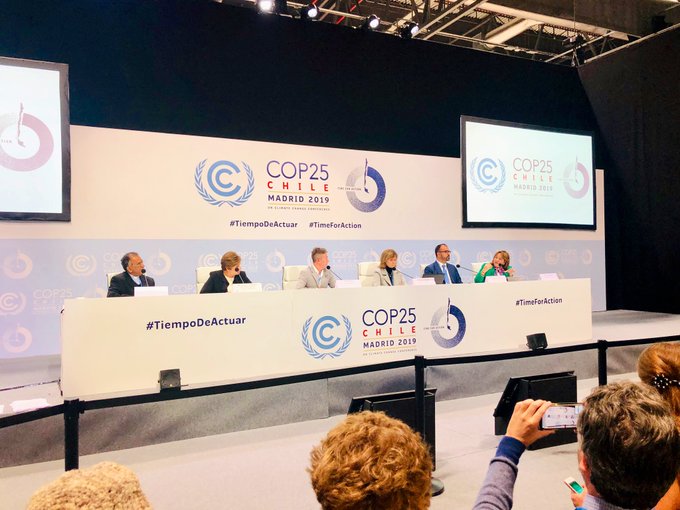Air bridge’ vaccination operation begins for Ebola-hit communities in DR Congo

Staff at the Katwa Ebola treatment Unit in Butembo in the east of the Democratic Republic of the Congo disinfect boots and wash clothes. (August 2019)
13 December 2019
The Democratic Republic of the Congo (DRC) has seen an increase in the number of reported cases of the deadly haemorrhagic virus Ebola linked to ongoing violence by armed groups targeting remote communities, the World Health Organization (WHO) said on Friday.
According to the UN agency’s latest outbreak update, 27 new cases were identified last week in the east of the country – three times the average number of infections in the past 21 days.
“The last three weeks were below 10 cases and this is only in four (DRC health) zones, and this is where we need to ensure access to finish the job,” Dr Michel Yao, Incident Manager, with the WHO Ebola Response team in the DRC, told journalists in Geneva. “Unfortunately it is in this area where we are facing the insecurity. This area is a mainly rural area, so for the big cities the outbreak is more or less controlled.”
Although the development is worrying, current infection rates are well down on the 120 cases a week reported during the peak of the outbreak, in late April.
In a further more promising development, WHO reported that in Beni and Mabalako Health Zones, the percentage of contacts under surveillance in the last seven days has returned to levels seen prior to “security events” that have hampered the Ebola response teams in past weeks – a reference to reported violent public demonstrations.
Outbreak in four health zones only
And in a further sign of progress in the fight against the outbreak – DRC’s tenth in 40 years – is the fact that it is now restricted to four health zones, as opposed to the 29 originally identified in North Kivu, South Kivu and Ituri.
Nonetheless, attacks on healthworkers and Ebola clinics – including deadly violence against Ebola responders in Biakato (Ituri province) in late November – have meant that the vital work of tracing people who have come into contact with Ebola patients and vaccinating them has been severely restricted.
“In these (health) zones, there’s one (area) in particular called Lwemba that we haven’t been able to access for three weeks,” Dr Yao explained. “And when you don’t have access, you can’t vaccinate the contacts and others at risk. You can’t find confirm new cases of infection so you can’t do safe burials, you can’t get infected people out and get them medical care.”
One person near Beni ‘infected 17 others’
Most of the new cases identified in the last week were linked to one individual near Beni town who could have infected 17 people.
“The person who passed away is in a place that’s called Aloya. It’s close to Beni, but this person unfortunately died,” Dr Yao said.
According to WHO, this same person recovered from Ebola six months ago.
It is now investigating whether they were reinfected by someone else – which has never been documented - or suffered a relapse, which has happened before.
Since the outbreak began in North Kivu and Ituri last August, 2,210 people have died from the disease.
It is the second largest Ebola emergency to date, after the West Africa crisis from 2016-2016 that saw more than 28,600 cases of infection.
‘Air bridge’ team has started vaccinations
To ensure continued care, WHO has mounted a limited daily helicopter “air bridge” operation to the communities still at risk.
The health team on board conducted their first vaccinations on Thursday, Dr Yao said.
“The helicopter that we’re using has space for around 20 people so it means we can transport epidemiologists to do their investigations, but above all the vaccination team,” Dr Yao explained, noting that the communities had come to the Ebola responders seeking help. They “want the intervention”, he insisted, “but around we have armed groups that prevent us from reaching these communities”.
He added: “We’re mobilising communities all around to come and get vaccinated in a situation where there are (health) alerts but we can’t go to investigate because access is restricted.”
With up to 100 armed groups believed to operate in the vast forested region of eastern DRC bordering Uganda, Rwanda and Burundi, attacks on Ebola-hit communities have sparked a humanitarian crisis and threatened aid distribution, amid serious civil unrest.
“Since the start of this epidemic, there’s been one factor that we haven’t been able to control: the intervention context,” Dr Yao said, adding that “when these communities are attacked, there are demonstrations everywhere, which in fact stops Ebola intervention work”.
Courtesy:,UN News







